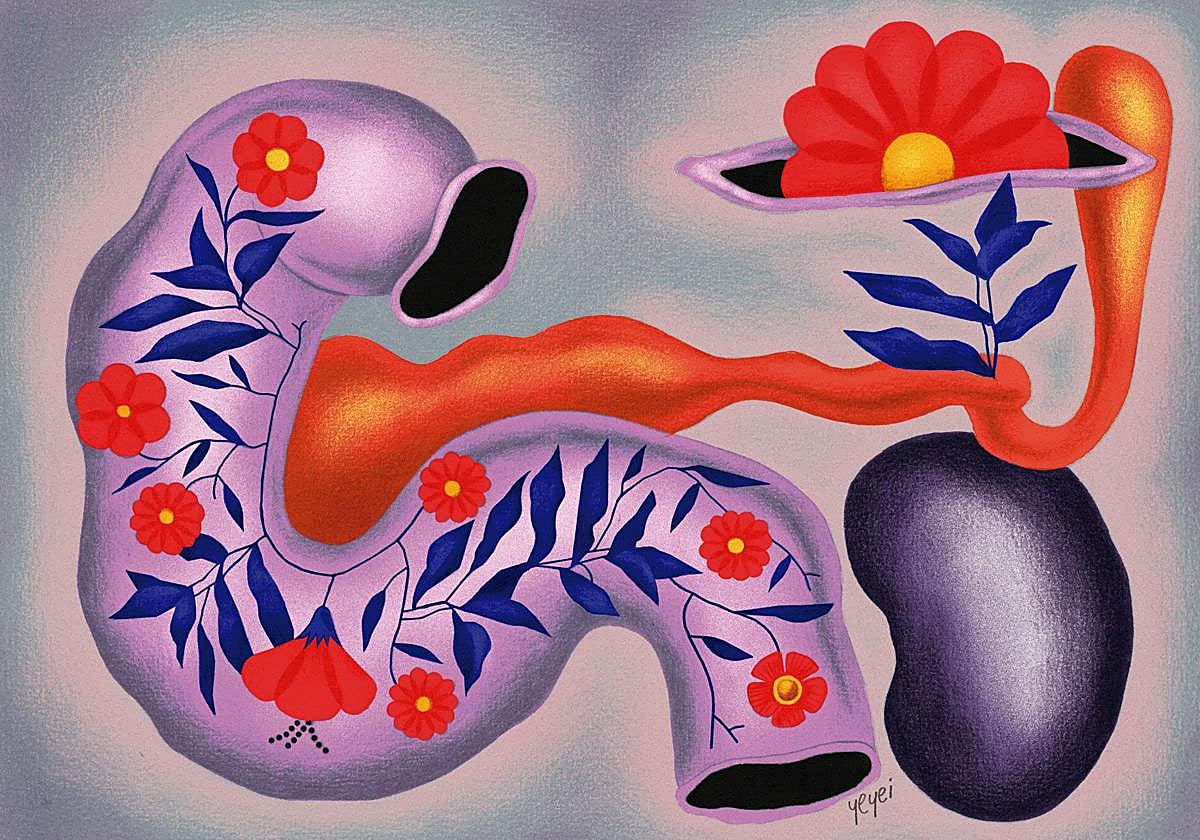Prebiotics, probiotics, postbiotics: what are they and in what foods are they found?
Microorganisms in the gut not only help metabolise our food intake, but they also produce vitamins and other nutrients essential to the human body
Nutritional supplements are living their golden years right now. There are all kinds of them and for all kinds of nutritional deficiencies: proteins to gain muscle mass, vitamins to fight fatigue and improve the immune system, minerals to sleep better or increase concentration levels...the list goes on. Besides this whole ecosystem of complex multivitamin, magnesium and zinc tablets that are taking up more and more space on supermarket shelves, for a good while now the health experts have attached the importance of looking after our gut health. This world of probiotics, prebiotics and postbiotics is rather confusing for consumers in general, but all the studies consider them essential for improving the state of the organisms in our guts.
"Another topic of debate is whether they should be taken as supplements or whether it is enough to adapt the food we eat every day," say some of the experts in endocrinology and nutrition. These are some of the keys to understanding the microbiota, an intestinal garden in which more than half a thousand species of bacteria coexist inside our bodies.
Probiotics
Probiotics are living organisms - mostly bacteria and fungi - with numerous benefits for our health. "Their function is to colonise our microbiota and balance it. In other words, we always have a positive balance between 'good' and 'bad' microorganisms in the intestine," explains pharmacist Natalia Muñoz. To understand how they work, we can think of probiotics as the seeds of that intestinal garden we referred to earlier. With proper care, they will not only grow into beautiful flowers, but they can also repel pests and even kill weeds.
These tiny organisms help metabolise food and also help produce vitamins, fatty acids and other nutrients, as well as boosting our immune system, reducing the risk of chronic diseases and keeping the 'bad bugs' at bay. The best known are bifidobacteria, obtained from the mother at birth via the placenta and then through breast milk, and lactobacillus, which is found in many fermented foods such as yoghurt, cottage cheese, kefir, kombucha, sauerkraut, cheese (gouda and gruyère in particular), tempeh and miso. Experts insist that consuming probiotic-rich products can improve irritable bowel syndrome, reduce the risk of common infections, increase nutrient absorption and prevent diarrhoea associated with antibiotic treatments, but the reality is that there is no perfect probiotic suitable for all cases and diseases.
For example, for gastroenteritis associated with a medication, a probiotic containing Sacharomyces boulardii and Lactobacillus rhamnosus strains should be chosen, "while if it is a drug to treat an oral infection or post-operative wisdom teeth, the most effective are Lactobacillus salivaris, rhamnosus and acidophillus", says Muñoz. In these cases, it is essential to take the antibiotic and the probiotic at least two hours apart "to prevent the medicine from destroying the bacteria provided by the supplement." Moreover, they should always be taken under medical supervision.
It is also worth noting that not all yoghurts or fermented foods naturally contain probiotics. In order to reap the full benefits, it is essential that these microorganisms reach the gut alive, so a good starting point is to look for the phrase 'contains live and active cultures' on the product label.
Prebiotics
To continue with the garden metaphor, prebiotics would be something like the plant food and fertilisers that are added to plants to help them grow strong and healthy. "And the way to get these beneficial bacteria to multiply is to feed them with prebiotics, which are complex carbohydrates and fibre found in vegetables (asparagus, onions, garlic, leeks, peas, tomatoes, and so on), pulses (chickpeas, lentils, beans...), whole grains (oats, barley, rye, wheat...), fruits (apples, bananas, watermelons...), nuts (pistachios, cashews...) and seeds."
In general, digestive system experts advise against taking supplements of both prebiotics and probiotics, unless expressly told to do so by a specialist.
Postbiotics
When we eat, the microbes in our gut break down the foods that are rich in fibre, and the waste products that this digestive process leaves behind are called postbiotics. Therefore they are very important because they keep the good bacteria in and the bad bacteria out.
To understand our individual needs to improve our gut health, the advice is to consult a specialist and not just start taking supplements. "The key is in the diet," all the main scientific bodies agree on this important point.

